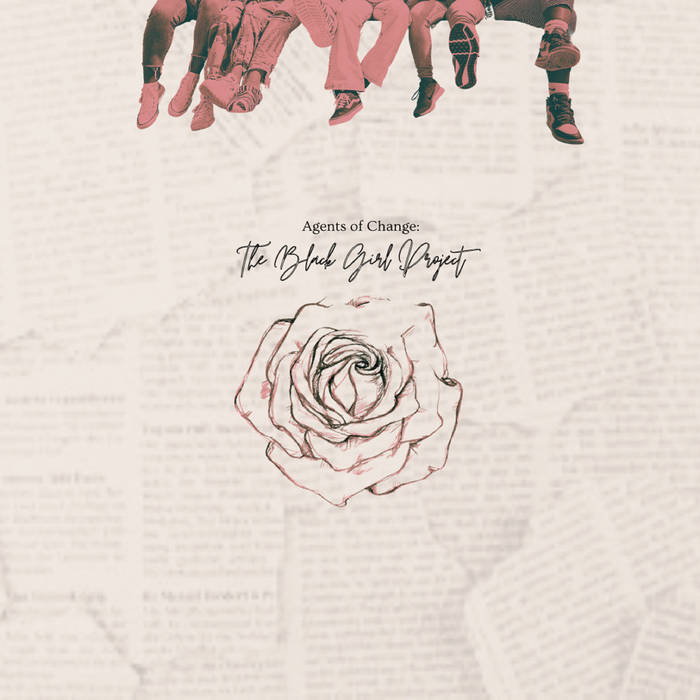Last month, a music album popped up on the Internet. It’s unassuming title – The Black Girl Project – drew my attention in thinking it was a new empowerment organization or non-profit. Instead, what I found was seven tracks blending rhythm, beats, and soul-searching dialogue that better help us understand Black girls’ journeys today. As the project’s founder stated in its description:
Last year not only highlighted the devaluing of black women in our country, like Breonna Taylor, but it also showed the leadership of Black Women, like Stacey Abrahams. While our Kamala Harris became the first women and person of color to be elected as Vice President, we also so black women disproportionately impacted by COVID-19. Black Women represent beauty, elegance and strength, yet somehow continue to be the most disrespected person in American. Believing In Forever Inc in collaboration w/ The Cornerstone at the University of Kentucky are bringing together 6 young black women and girls (3 college students from UK & 3 students from Crawford middle School) to use music as a way to amplify their voices.
That music can be empowering is felt in almost any song you can think about. From Mamie Smith’s “Crazy Blues” to Aretha Franklin’s “R-E-S-P-E-C-T” to Ava Max’s “Kings & Queens”, music has especially been an empowering platform for Black girls and women.
One of the first mainstream Black female musicians, Mamie Smith stormed the blues genre in 1920 with “Crazy Blues.” It sold over 75,000 copies upon release and is credited as established blues as a popular genre, paving the way for Black artists to come. Yet the song itself was empowering – using the language of a relationship-gone-wrong as a metaphor for the rampant racism and violence experienced by Black Americans. As cultural historian David Hajdu explained, Mamie’s “my man” was code for “the white man” or “white people,” making the song about exacting revenge on her lover into a “potent message of protest against the forces of authority, be they male or white, domestic or sociopolitical.” Mamie’s message rang loud and clear, reverberating into over a century of Black female-led music that focused on speaking truth to power.
Aretha Frankling’s “R-E-S-P-E-C-T” song, recorded 47 years later, used similar metaphors. Singing about wanting respect from her lover, Aretha spoke of being given her “propers” – shouting out her desire for human dignity in both her relationship and the wider world. In an interview with the Detroit Free Press, Franklin herself spoke about the song and critics’ comments that it was a “bold” song: “I don’t think it’s bold at all. I think it’s quite natural that we all want respect—and should get it.”
Today, one of the more recent empowering songs is Ava Max’s “Kings & Queens.” No longer relying on metaphors, Ava has spoken truth to power in her song about domestic violence and abuse. In a song aimed direclty at “the queens who are fighting alone” (girls & women who feel alone in their struggle), Ava reminds us that we are not alone, and that every girl and woman has an inner dragon:
No damsel in distress, don’t need to save me
Once I start breathin’ fire, you can’t tame me
And you might think I’m weak without a sword
But if I had one, it’d be bigger than yours
Within 100 years, Black female musicians have gone from metaphorically speaking truth to power to blatantly calling out the misogynistic, patriarchal cultures that oppress them. The Black Girl Project is continuing this legacy, with seven new songs addressing everything from the feeling of invisibility to the 2020 murder of Breonna Taylor. It’s an album both heartbreaking and empowering, providing a platform for Black girls to learn their musical history, develop leadership skills, and speak their own truth to power in a direct, highly accessible form. The project itself is ongoing, with the girls meeting a few times each month at the University of Kentucky to create their EP that documents, expresses, and celebrates the contributions of Black women in the United States. They also plan to release a t-shirt to raise funding for local nonprofits.
I, for one, will be listening.
-Tiffany R. Isselhardt
Program Developer
Girl Museum Inc.

